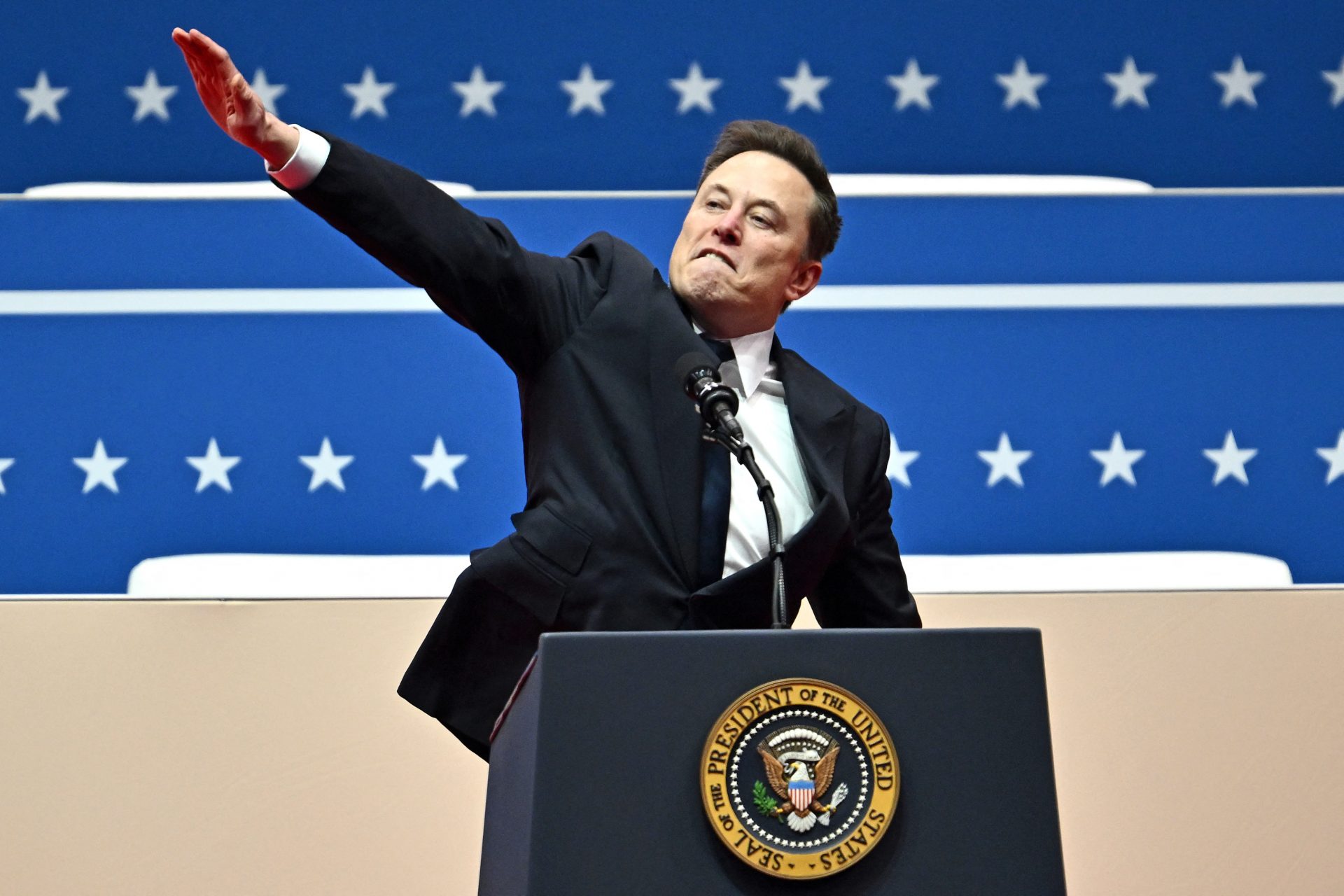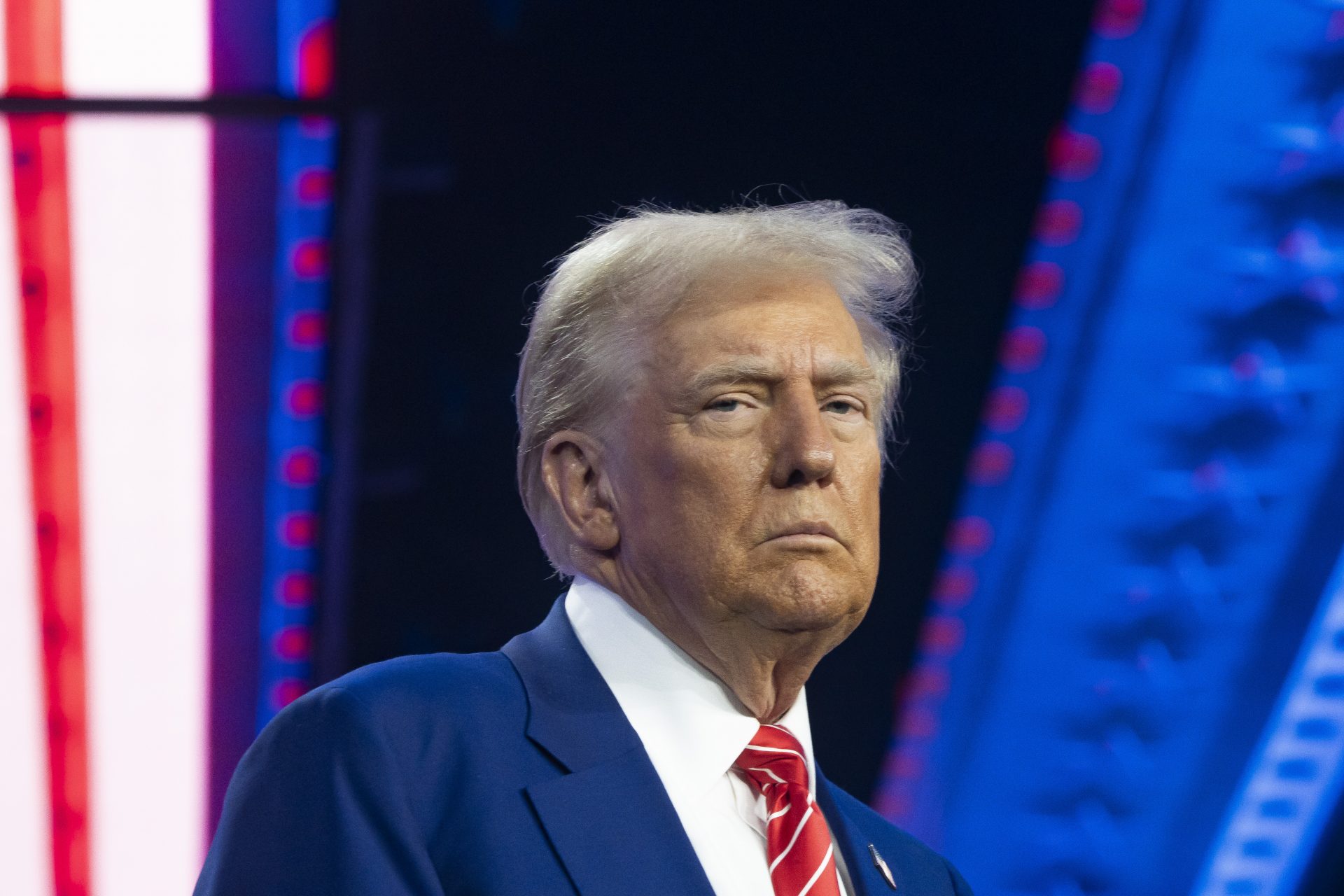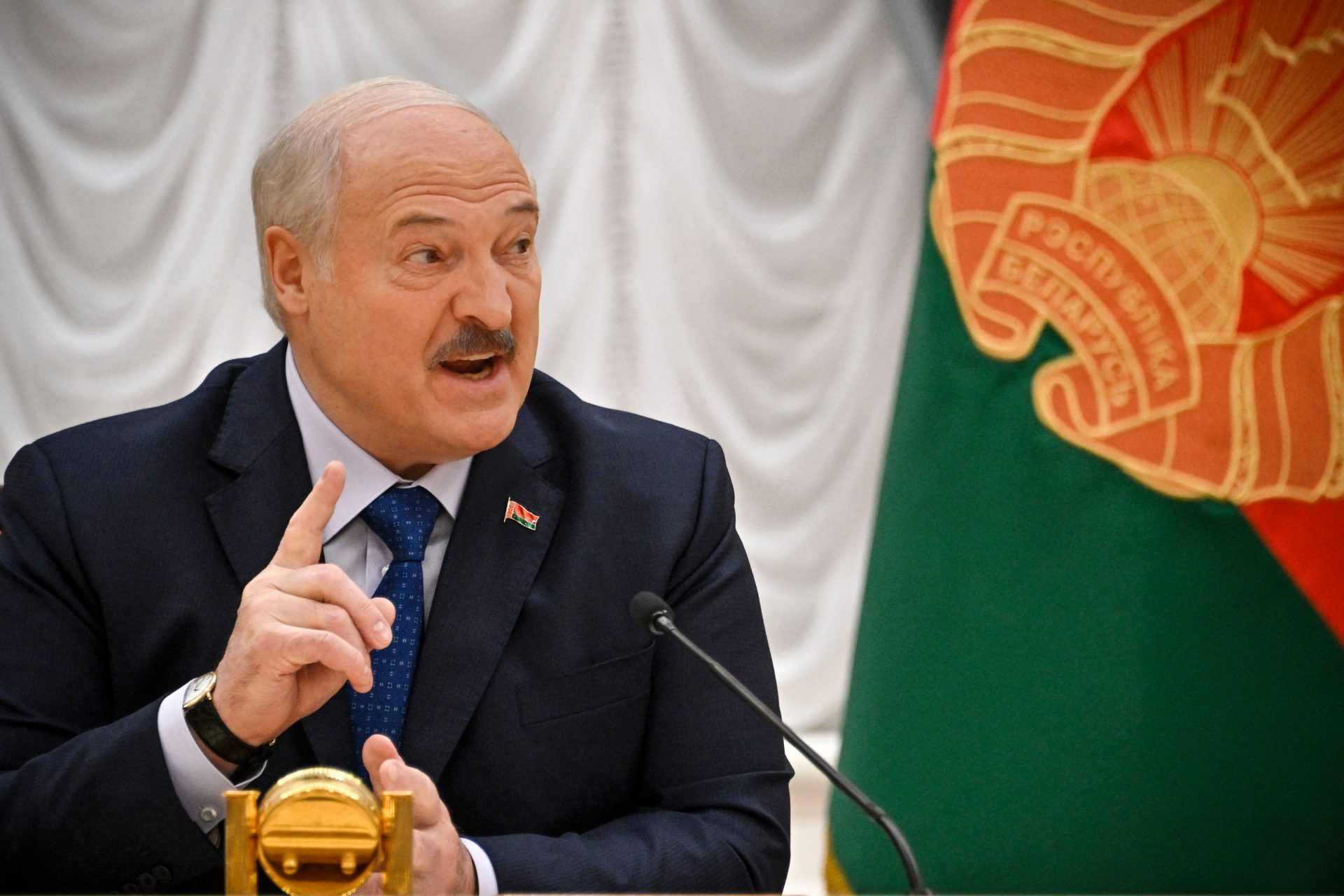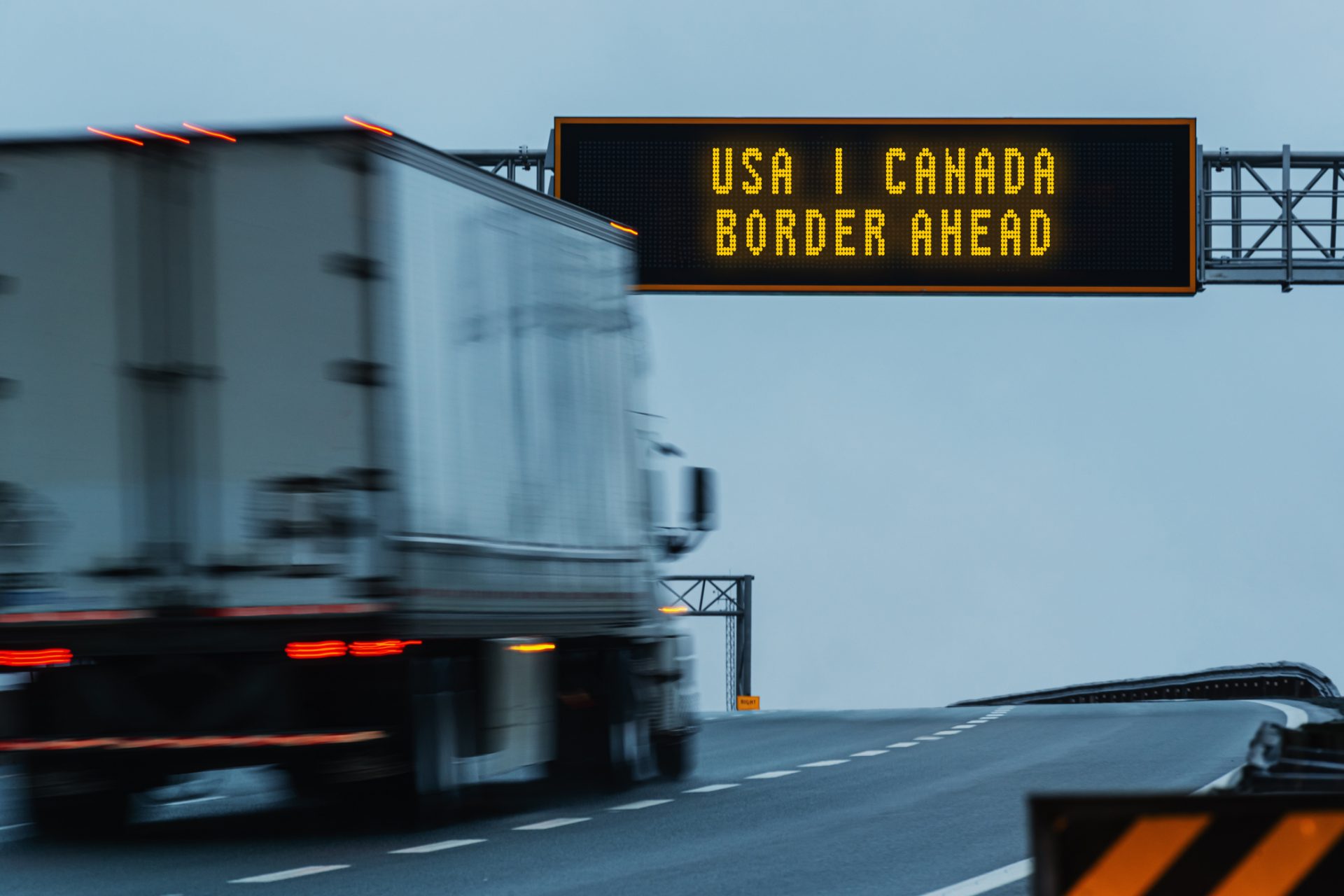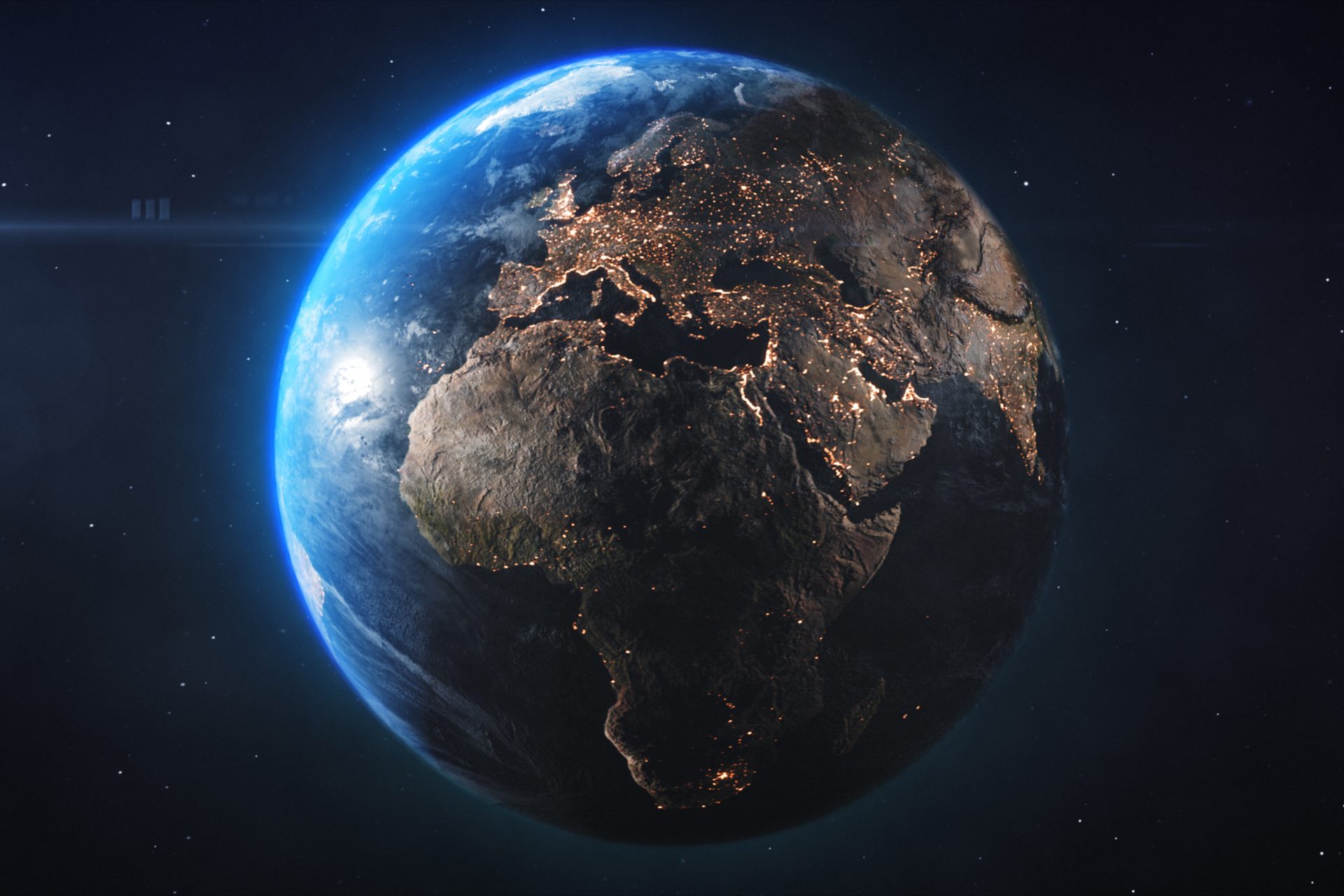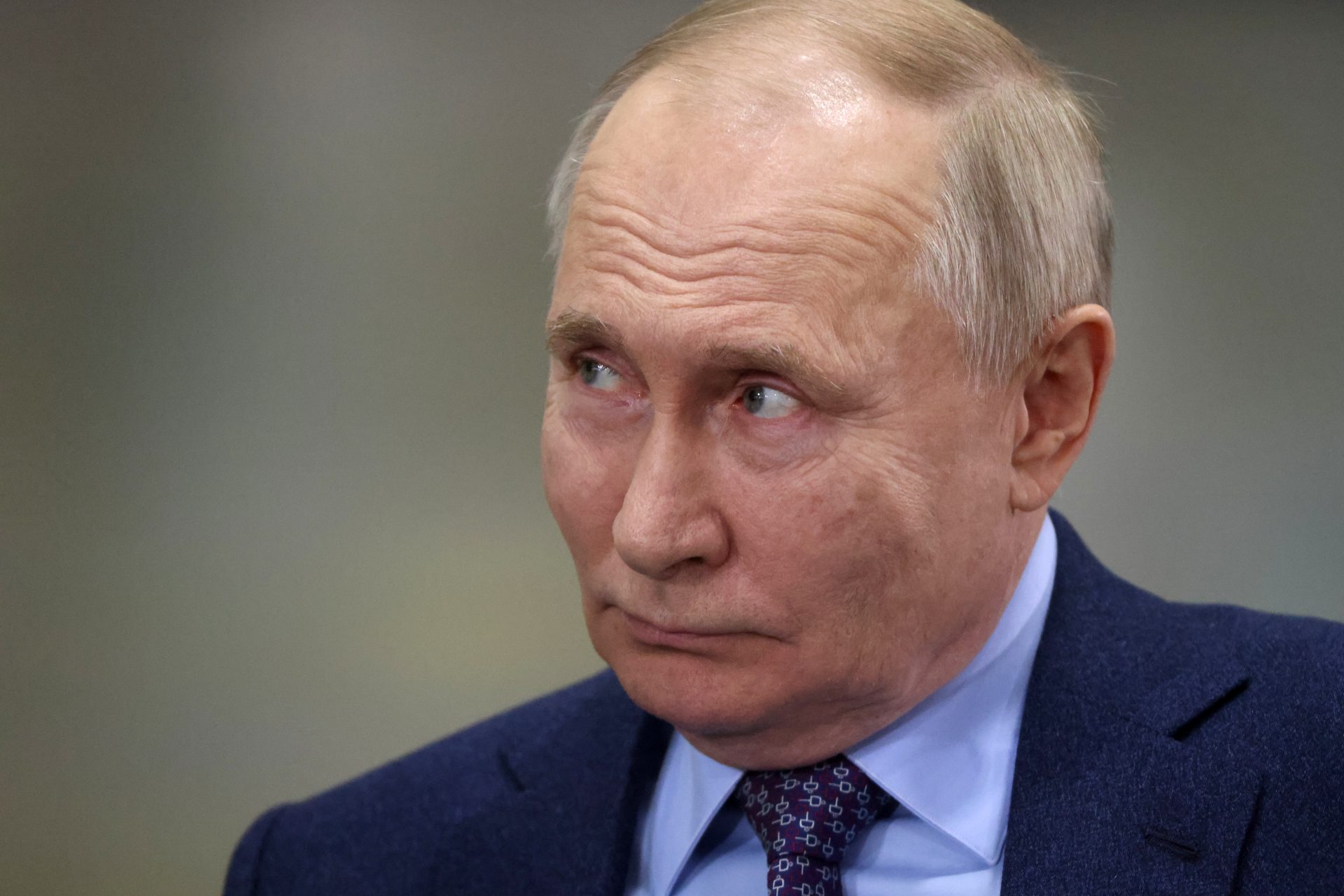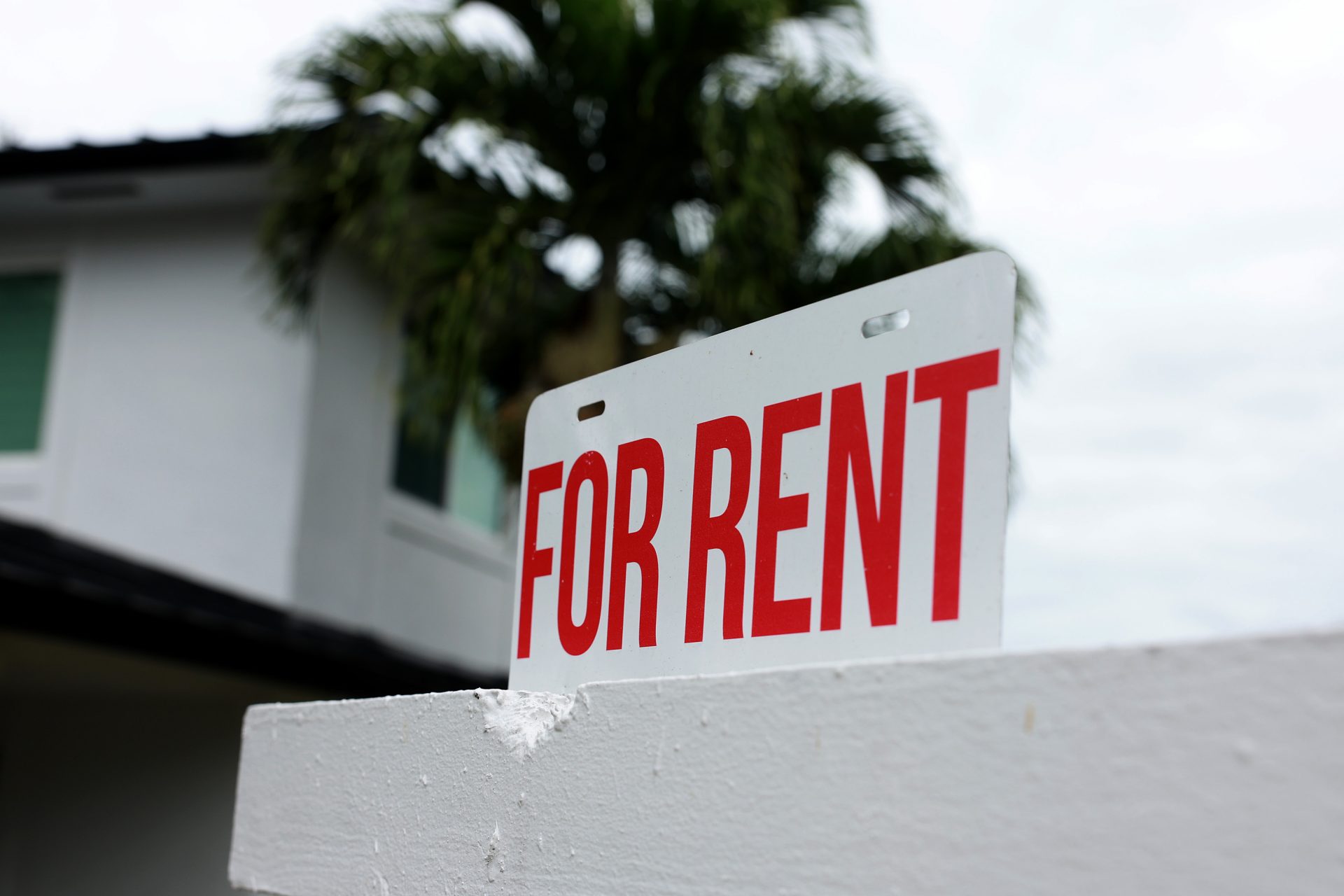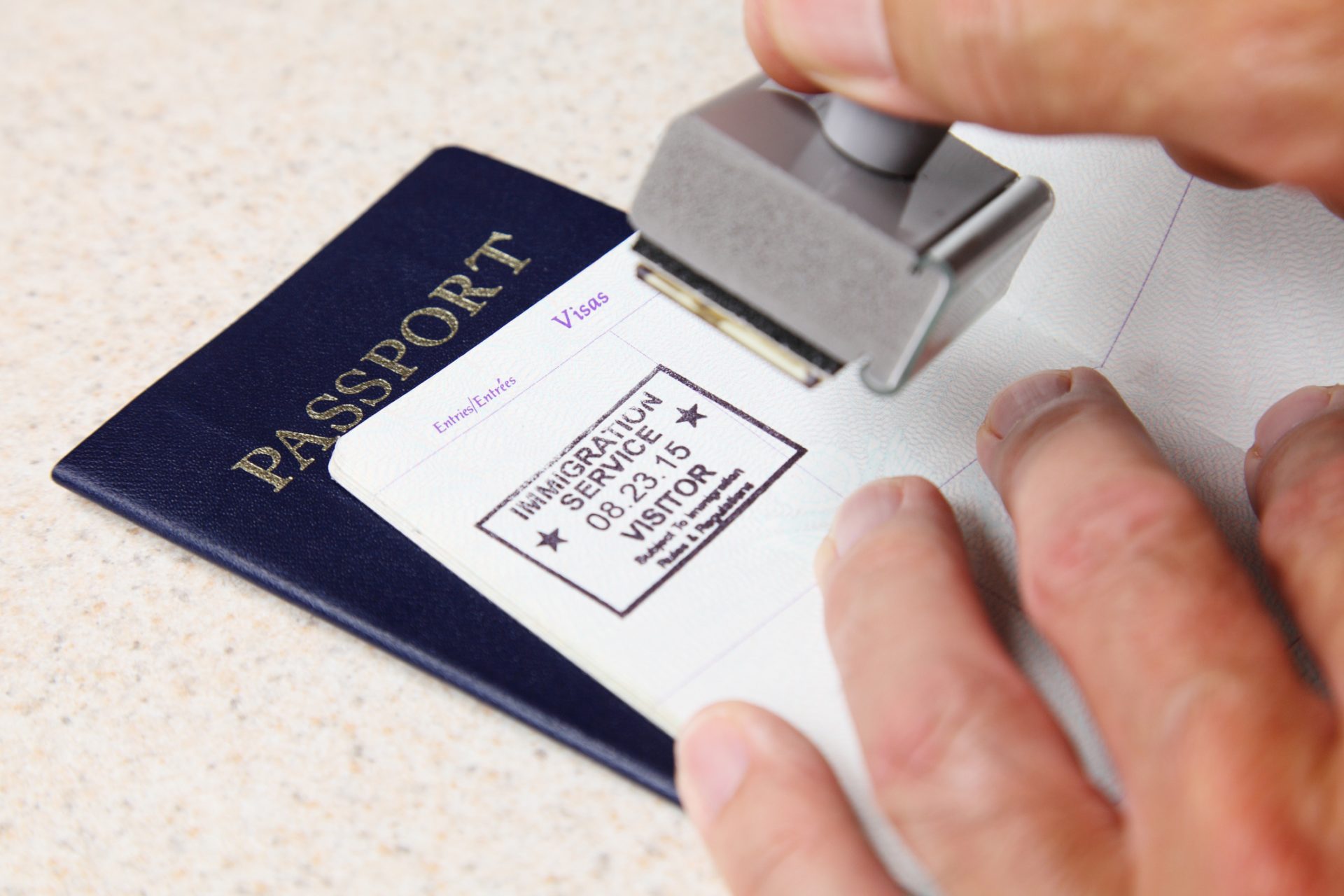Should Canadians still celebrate Thanksgiving?
Many Canadian families simply see it as a lovely holiday, a chance to get together with family and friends, enjoy a nice meal, and be grateful for our lot in life. However, one can't help but think..."Should we really be celebrating this holiday??"
With all that has been brought to light about Canada's treatment of its First Nations people, particularly in the last few years, it is hard not to question this holiday. Is it still appropriate to celebrate a holiday that basically celebrates the success of the first English explorers in taking over land that they had no right to??
For the First Nations communities in Canada, Thanksgiving holds deep meaning and plenty of controversy in history and culture. In fact, according to a report by CBC News, Thanksgiving was originally an Indigenous ceremony.
The CBC spoke with a member of the Mohawk nation, Brian Rice, who is also an assistant professor in the religion department at the University of Winnipeg. Professor Rice told CBC's Weekend Morning, "All of our ceremonies, all of the things that we do, have to do with giving thanks. So it's part of a continuum of something that's been practiced for thousands of years."
If you went to elementary school in Canada during the 80s as I did, you most likely were taught the American story of the "first" Thanksgiving; you know the one about the Pilgrims arriving at Plymouth in 1621 and how they shared a lovely meal with the Indigenous people in that area.
(Painting by Jean Leon Gerome Ferris - This image is available from the United States Library of Congress)
According to Professor Rice, the British colonists who arrived in Plymouth were starving, and the Wampanoag nation came to their aid. Rice told CBC, "It was a coming together of Indigenous Peoples really feeding the colonizers, or the colonists."
(Painting by Jennie Augusta Brownscombe -1914)
The colonizers were given a meal that consisted of the foods we typically eat on Thanksgiving: wild turkey, cranberries, squash, corn, beans, and of course, pumpkin. This nourishing meal surely saved many lives for the British colonizers, who were practically starved to death when they arrived in Plymouth.
Sadly, despite the warm welcome, the British received from the Wampanoag nation, the relationship between the British and the Indigenous populations would quickly worsen over the course of the next year.
(Note: in nearly all the old etchings of the time the Indigenous are nearly always depicted as the attackers. Not the most accurate historical representation...)
Hardly surprising when, according to CBC, "the colonists allowed their pigs to forage into Indigenous lands, eating their crops." In addition, the Brits infected the Indigenous communities with new diseases such as smallpox which, according to PBS, would eventually take the lives of up to 20 million Indigenous people.
One can only imagine that the First Nations people of Canada are not fans of the holiday. Canadian Thanksgiving has slightly different origins than American Thanksgiving, but it isn't much better. According to National Geographic, the first Thanksgiving in Canada was held by explorer Martin Frobisher and his crew in 1578. It was a celebratory meal to thank God for helping them pass through the North-West passage safely.
According to Professor Rice in his interview with CBC, most Indigenous people feel "ambivalent" towards Thanksgiving these days. Rice said,
"Because for a lot of people, it isn't a celebration and certainly the original people who had that first Thanksgiving, the Wampanoags and all of those other groups, the Powhatans, obviously not. Many of them don't even exist any longer."
Brian Rice told CBC that his family has chosen to celebrate the holiday. However, he believes it is a personal decision: "If you are part of a traditional-based culture that still retains some of those ceremonies, like the longhouse ceremonies of harvest, you'll continue it in that way. Although, perhaps you'll be bringing in cans of corn instead of the corn that you might have grown."
Photo by By Jack Borno
In 2014, CBC News interviewed a First Nations family who had chosen not to celebrate the day for many reasons. The news outlet spoke to Kim, and Jordan Wheeler (pictured), who belong to a blended Cree/Ojibway/Mohawk/European descended family.
Photo: Instagram@kimwheels
The couple explained to CBC that they both grew up celebrating Thanksgiving; however, Jordan and Kim Wheeler both had revelations about the holiday once they became adults.
Photo: Instagram@papawheeley
Jordan Wheeler told CBC News: "Thanksgiving is a European creation rooted in traditions dating back to the Protestant Reformation and, for Canada, to a communion in Nunavut held by Martin Frobisher to give thanks to God for surviving the long journey from England. I’m only half European and I’m not Christian." Jordan could no longer see the logic in celebrating the traditional day of feast.
Photo: Instagram@papawheeley
Kim Wheeler said, "What was the Indigenous community thankful for in a time when schoolteachers had kids colouring pictures of pilgrims and making turkeys from outlines of their hands?"
So since this First Nations couple no longer wished to celebrate Thanksgiving, they came up with another name for the holiday. Kim Wheeler told CBC, "Now we simply call it the “You're Welcome Weekend.”
She also explained, "We wouldn’t want to take Thanksgiving away from those who celebrate one way or another. But like a lot of the history written about the First Peoples of Turtle Island, Thanksgiving needs an overhaul in the history books. Did you know Columbus never set foot in North America?"
Kim Wheeler makes a powerful point, and Thanksgiving does need an overhaul in the history books. Perhaps that is the only way Canadians can continue to celebrate this holiday if we make a serious effort to educate ourselves and our children on the true history behind Thanksgiving.
More for you
Top Stories






















